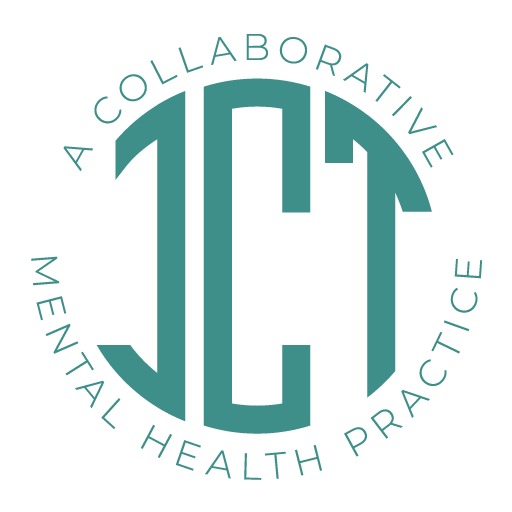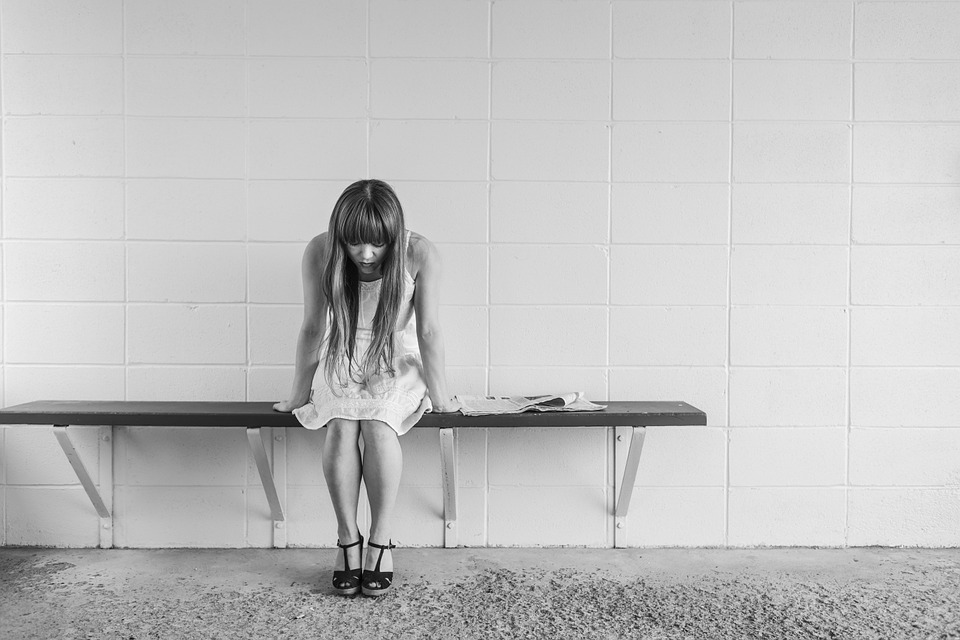Trauma. What comes to mind when you hear this word? Usually it is a thought related to a catastrophic loss or tragic circumstance. Usually. But what if today you worked with a definition of trauma that was different; that had you understanding trauma in a different way? Would you be open to another idea?
This is not a new phenomenon, I did not theorize this idea. I know when I learned about trauma and did trauma training, this I guess you could say notion, made more sense to me. Here it goes.

Trauma is not about the event; it is more about the experience of the event and not the event itself that is traumatizing.
With this in mind, we can begin to understand trauma better. When we understand that the effects of trauma are more about the experience than the event we now have a deeper understanding, more knowledge of what trauma really is. You have a different lens in which to view trauma and traumatic experiences, it simply is not always catastrophic loss.
Imagine these scenarios. Your car is broken into. Nothing is stolen. No big deal, right? Nothing was stolen and no damage was done but you have this lingering feeling of being violated. To the next person whose car is broken into they move on without a blink of an eye, it is what it is and there is not a second thought about the situation.
Neither experience is better than the other. Neither experience is wrong or right. Each experience is individual for the specific person. This same idea unfolds even in circumstances that involve multiple people, for example a multi-vehicle accident.
In the above example I tell a story that attempts to differentiate two experiences for two individuals. I purposefully used the example of a car broken into to demonstrate the idea that two people can have two entirely different experiences. For one person the event triggers some lingering sense of personal violation, for the other there was no after effect. This happens regularly and for some, can even have them doubting their own experience. Why? Because they compare their reaction to others.
Let’s come back to that lingering sense of personal violation. It is something that needs attention! It is your experience. The event is not what needs paying attention to but often becomes the central focus in every day conversation. Have you personally experienced the re-telling of the experience, the story over and over? Or maybe you know someone who has?
As a psychotherapist working with individuals who are challenged with or even suffer from trauma, the recovery and healing comes within the lens of understanding the trauma experience and not the event. It is always difficult for me to sit back and observe television shows for example where a person is led directly into the re-telling of their trauma experience! It may make for good television but this is not a recovery or healing process.
In working towards the importance of understanding trauma better we now have a different context that moves away from the details of the event. We look towards the individual experience. Why is it so important to understand trauma better? Because none of us are immune to it.
If you are alive, you are vulnerable to trauma.
~ Julie
About Julie: Julie Clarke is a Child and Youth Care Practitioner and Registered Psychotherapist located in Ontario, Canada. She loves her job working with children as young as 5 years up to seniors and parents. Julie will complete her Somatic Experiencing Practitioner certification in June 2018 ~ Check her out at julieclarketherapy.com Stay tuned for a new Parenting Podcast in 2018!

